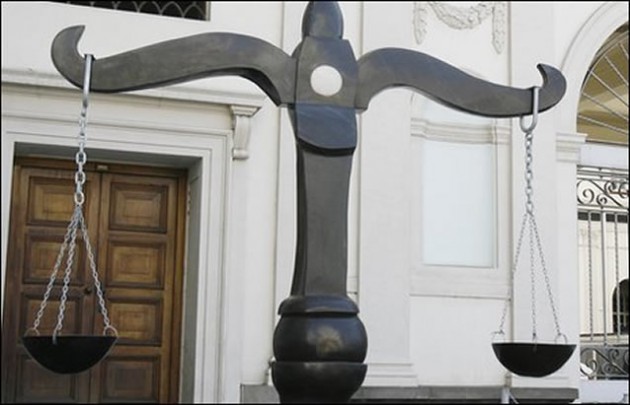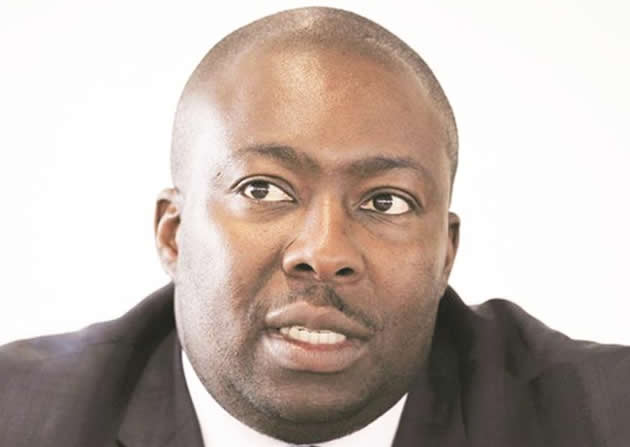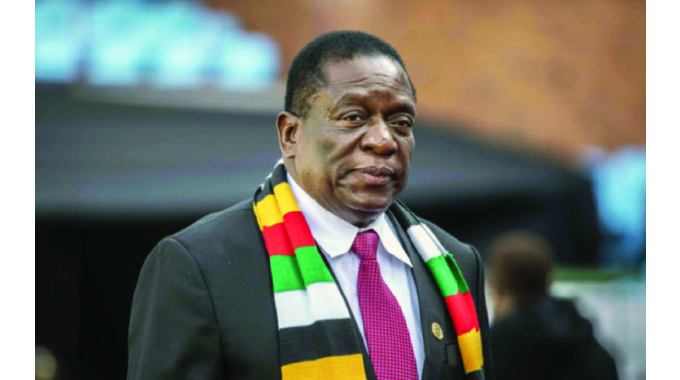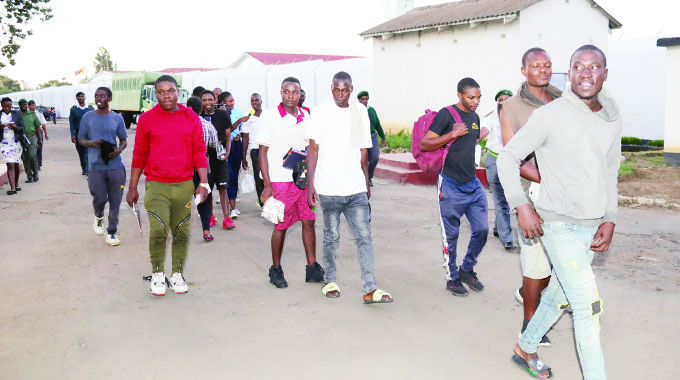Fierce estate row breaks out

 Fidelis Munyoro Chief Court Reporter
Fidelis Munyoro Chief Court Reporter
A fierce row has broken out between the family of the late Zimbabwe Electoral Commission chief elections officer Lovemore Chipunza Sekeramayi and the surviving spouse over the deceased’s estate. Sekeramayi died in June last year in Lesotho while on ZEC business.
Family members have disowned Sekeramayi’s widow Ms Esther Dzvova, saying she is a gold digger. In papers filed at the High Court, five family members—Naison, Julius, Judith, Winnie and Faith Rudo Sekeramayi — listed the Master of the High Court Mr Eldard Mutasa, provincial magistrate Mr Brighton Pabwe, Ms Dzvova and lawyer and executor of the estate Mrs Nyaradzo Munangati-Manongwa as respondents.
The family members, in their review application, are fighting in the corner of Ms Faith Rudo Sekeramayi, said to be the legitimate wife of the late Sekeramayi under the customary marriages law.
They argue that the Master of High Court Mr Mutasa’s decisions on the matter were fraught with gross irregularities.
They are also against the Master of the High Court’s proposal that Ms Dzvova should be awarded House Number 31 Hindhead Avenue, Chisipite in Highlands, Harare.
“The Master of the High Court has no jurisdiction to make pronouncements on whether or not the late Lovemore Chipunza Sekeramayi had one or more spouses or whether one or the other of the purported spouses should inherit what property in the estate,” said Mr Naison Sekeramayi in an affidavit.
Mr Mutasa ruled that Ms Dzvova was entitled to one third of the deceased half share of an undeveloped residential stand in Pomona, Harare and that the administration of the estate should proceed in the face of an appeal pending in the High Court.
But Naison said Mr Mutasa’s decision was improper since there existed a will attested to by the late Sekeramayi, which he claimed was stolen from his offices.
The alleged theft has since been reported to the police.
“The decision taken by the Master completely rendered the appointment of the executrix dative (executor) pointless as he himself was now administering the estate. He showed bias towards the third respondent (Ms Dzvova).”
In her opposing papers, Ms Dzvova said the family members failed to spell out their rights in the estate hence the application should fail.
She said the court should not hear the case brought by the Sekeramayi family because the applicants in the matter are not beneficiaries to the estate.
“They do not deny that I am the surviving spouse,” she said. “The applicants seek this application on hypothetical grounds which have no basis at law. There is no good and sufficient cause for seeking such an order in the present case.”
Ms Dzvova said the house at the centre of dispute was her matrimonial home. Naison and fellow family members, she said, has no legal right to seek the division of the property.
“It would be contrary to public policy if I were to be kicked out of the home I shared for eight years with the deceased,” she said.
Mrs Munangati-Manongwa also filed her papers in the High Court explaining the role she is playing in the matter as the executor.
She said Ms Faith Rudo Sekeramayi separated with the late for a period of 25 years, but still she considered her as a wife because there was no evidence of dissolution of their solemnised marriage.
“Given the facts, I submit that, the applicants seek to waste the court’s time in bringing this application,” said Mrs Munangati-Manongwa. “However, I will be guided by…court ruling.”
Mrs Munangati-Manongwa was appointed by Master of the High Court in August last year.







Comments